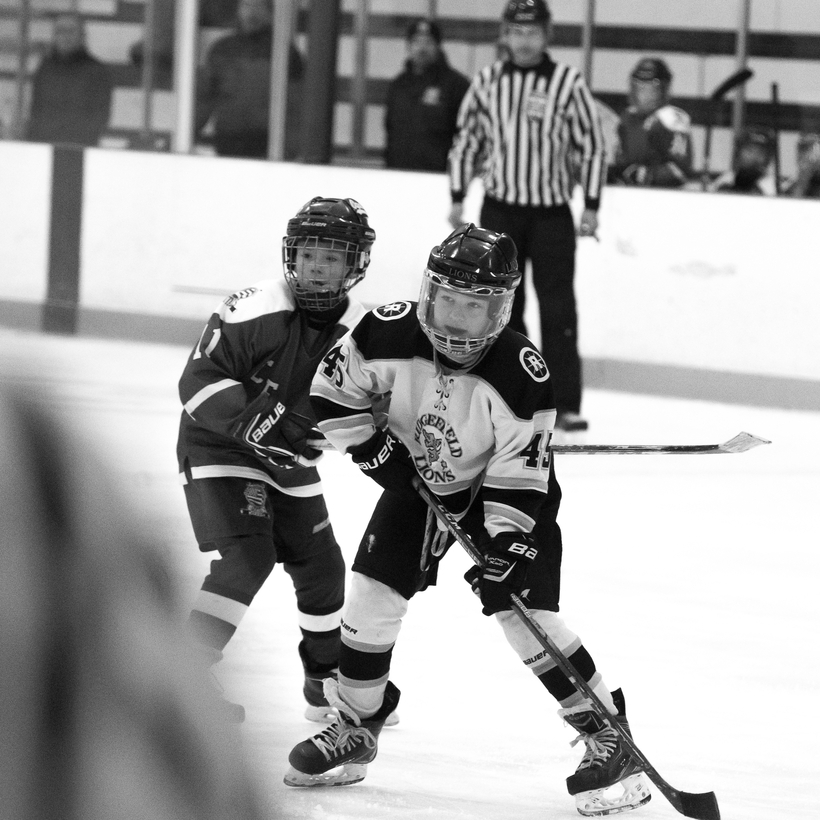Halfway through Pee Wees, Rich Cohen notes that Ridgefield, Connecticut, houses 13 places of worship ranging from various Christian churches to a couple of synagogues. But the de facto 14th is most important: the Ridgefield Winter Garden Ice Arena, a hockey cathedral where you must take the Lord’s name in vain if your son (or daughter) is screwed by the opposition, referee, teammate, or, most likely, a hockey parent, “the most terrifying of monsters.”
Few books about sports so perceptively capture the culture and reveal sports’ unique ability to serve as man’s salvation. Bill Barich’s 1980 classic, Laughing in the Hills, about the horse-racing world, had me checking my soles for horseshit in Chapter 1 and reconsidering my waning faith in a higher power by Chapter 2.


